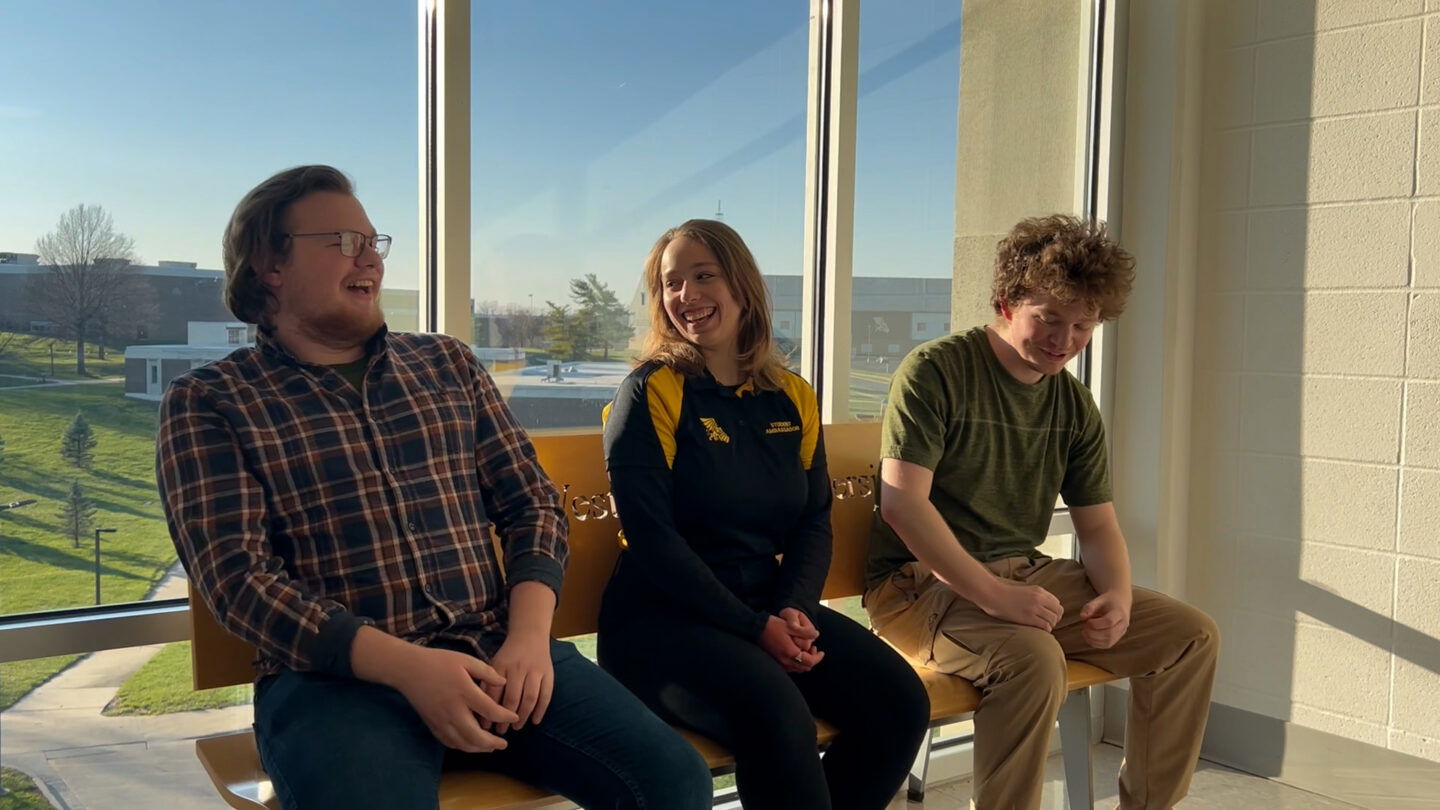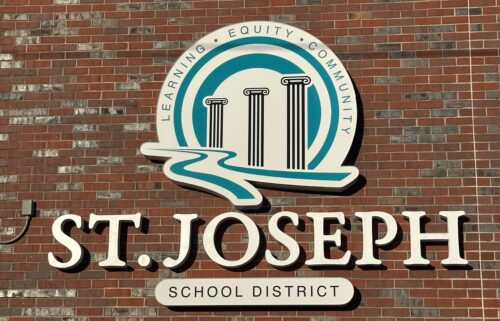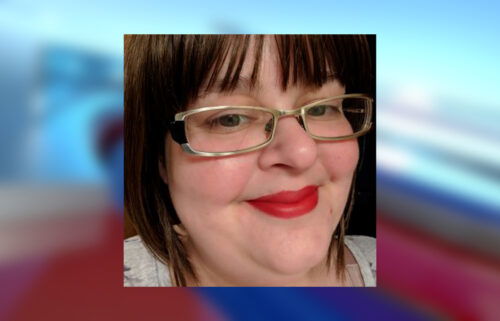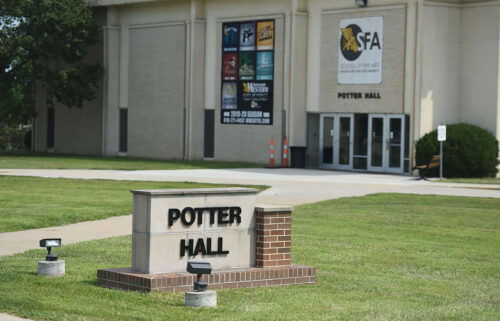Local homeschool movements growing in Missouri

By Charles Christian
When the COVID-19 pandemic hit, students nationwide suddenly found themselves learning from home. It’s an arrangement many decided to stick with even after classrooms reopened the next academic year.
Before public school buildings existed, formal education happened primarily in churches and homes. The homeschool movement has diversified and become a growing source of education throughout the U.S., and here in St. Joseph.
One local couple, the Hartmans, said their choice to homeschool their daughter is based on several factors, including religious values, special educational needs, frequent travel and moving.
“The public school she started in wasn’t able to meet the requirements of her specialized learning plan,” Christi Hartman said. “She was diagnosed with ADHD and was coming home with bad grades and was unable to concentrate in the public school environment.”
Since starting homeschooling, their now 16-year-old daughter, Hannah, has flourished.
“When you put her in a quiet, serene place, she can do the work,” Christi Hartman said. “It’s almost like she gets laser-focused.”
Christi’s husband, Dan, a former military chaplain and ordained minister, said religious reasons also factored into their decision.
“There is homeschool curriculum out there that allows us to incorporate our faith while also including courses required by the state,” he said. “We can also tailor our approach both to our educational strengths and to the learning styles of our daughter.”
For those not trained as educators, homeschooling can present challenges. Many turn to homeschool co-ops along with online and in-person curriculum packages to help round out the educational needs of their children. Local co-op parents said that it is common for longtime homeschool families to share suggestions with those newer to the lifestyle and to arrange tutorials and even classes to help fill educational gaps.
A recent NPR report notes the growth of the homeschool movement since COVID-19 forced many students and teachers to stay home. With some public school teachers making the move to educating their kids at home, they often become part of co-ops and add a connection that can bring the strengths of traditional schooling into settings that can be specifically tailored to those learning in their homes.
One criticism of homeschooling is that students can miss out on social interactions with their peers. Homeschool parents and students argue that less time in the classroom actually gives kids more time to participate in activities that include, but are not limited to, other young people. The Hartmans’ daughter, Hannah, said she finds this to be the case for her.
“I go to dances with my peers and meet new people there,” she said. “I go to the skating rink and I meet new people, as well. So, socialization really isn’t an issue.”
The requirements for homeschooling in Missouri are relatively uncomplicated. Parents or guardians inform their school district, document at least 1,000 hours of school-related work per year and keep records of periodic assessments related to the subjects they teach. These must include basic subjects like math, language arts, social studies and science.
Professor Cary Chevalier at Missouri Western State University said that he has noticed an increase in students who were homeschooled attending the university during the nearly 30 years he has taught. He said these students are often among the top performers in his courses.
Zachary Henrickson, who was homeschooled through his high school years, said when he came to Missouri Western, he felt more than prepared.
“The first year or two, the workload here was lighter than I had in high school,” Henrickson, now a college junior, said.
His classmate, Kyla Spradlin, a Missouri Western sophomore, said that even though extended family members worried about socialization issues when she was homeschooled, she felt the extra time she spent with other community activities and with her family made socialization easy, even in a college setting.
Although there seems to be some mutual mistrust from both public school educators and homeschool parents, a growing number on both sides are seeking more opportunities to interact. A bill in the state senate, SB 819, would remove more barriers and allow homeschool kids to participate in extracurricular activities with their public school peers.



